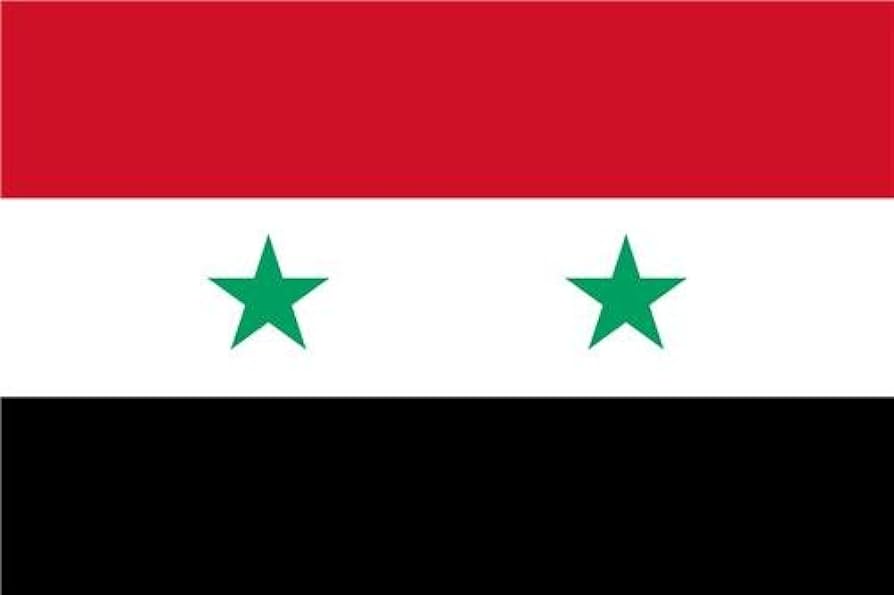What is Passover / Pesach ?
Passover / Pesach is an annual major Jewish festival which resulted from the combination and synthesis of different yearly events that took place in Jewish and Middle Eastern history. The following list represents the historical timeline in which the festival of Passover / Pesach attained its names.
Passover / Pesach is:
a one-day festival known in Hebrew as “Chag Ha-Pesach” or “Hag Ha-Pesach,” meaning “The Festival of the Pesach programs Offering.” This one-day festival was celebrated by early Middle Eastern peoples before the Passover / Pesach of Egypt story. It was incorporated into the Passover / Pesach of Egypt story as the paschal lamb whose blood was used by the Hebrews on the doorposts and lintel (beam) at the entrance to their households to “shield” the first-born son in every Hebrew household in Egypt from the wrath of the Angel of Death, who, upon seeing the blood, “skipped” over or “passed” over the Hebrew households and instead, killed the first-born son in every Egyptian household in the 10th and final Plague.
a six-day festival known in Hebrew as “Chag Ha-Matzot” or “Hag Ha-Matzot”, meaning “The Festival of Unleavened Bread.” Like the “The Festival of the Paschal Offering,” this festival was celebrated by early Middle Eastern peoples prior to the Passover / Pesach of Egypt story. It was incorporated into the Passover / Pesach of Egypt story in commemoration of the unleavened bread that was baked in haste by the Hebrews as they were preparing to leave Egypt following the 10th and final Plague. The Hebrews did not intend to bake unleavened bread; rather, they wanted to bake leavened bread for their journey out of Egypt. However, time constraints necessitated that they would instead bake unleavened bread. Following the Passover / Pesach of Egypt story, the one-day Festival of the Paschal Offering was combined with the six-day Festival of Unleavened Bread to comprise the new seven-day Festival of Pesach / Passover. This new festival incorporated the symbolisms of the two previous festivals with the events of the Passover / Pesach of Egypt story to create the basic symbolisms of the Passover / Pesach of Egypt story which were later expanded upon by Talmudic rabbinical authorities by structuring these symbolisms into a 15-step order (“Seder” in Hebrew) of instructions for properly conducting the festive meal on the first evening of Passover / Pesach (for Jews living outside Israel, there are two festive meals, one on the first evening and the other on the second evening of Passover / Pesach). This festive meal became known as the “Passover Seder” or “Pesach Seder”.
a seven-day commemoration (eight days for Jews living outside Israel) of the physical/political (not spiritual) freedom of the Hebrews from physical/political slavery in ancient Egypt. This commemoration specifically refers to the Passover / Pesach of Egypt story. The purpose of the Exodus from Egypt was for the Hebrews to eventually attain spiritual freedom 50 days after the Exodus with the receiving of the Torah and its 613 commandments, including the Ten Commandments, from G-d via Moses at Mount Sinai. The Hebrew name for the commemoration of this event is “Chag Ha-Cheirut” or “Hag Ha-Heirut”, meaning either “The Festival of Freedom” or “The Festival of Redemption.”
a seven-day commemoration (eight days for Jews living outside Israel) of the season in which both the Passover / Pesach of Egypt and the subsequent entering of the Hebrews into Canaan took place: in the springtime. The arrival of the Hebrews in Canaan also symbolized the beginning of a new phase of cultural life for the Hebrews. The Hebrew name for the commemoration of the season in which the Passover / Pesach of Egypt and the subsequent arrival of the Hebrews in Canaan took place is known as “Chag Ha-Aviv” or “Hag Ha-Aviv”, meaning “The Festival of Spring.” Some have also referred to this Passover / Pesach name as “The Season of Our Liberation.”
a seven-day commemoration (eight days for Jews living outside Israel) known as “Pesach” or “Pesah” in Hebrew, and “Passover” in English. Whereas the four previous Passover / Pesach names symbolize constraint and confinement of the Hebrews in both mind and heart by the Egyptians, the name Pesach or Passover symbolizes the transition of the Hebrews from their previous state of intellectual and physical limitations in Egypt to that of a new state of rediscovered self-assertion upon entering the Land of Canaanself-rea









